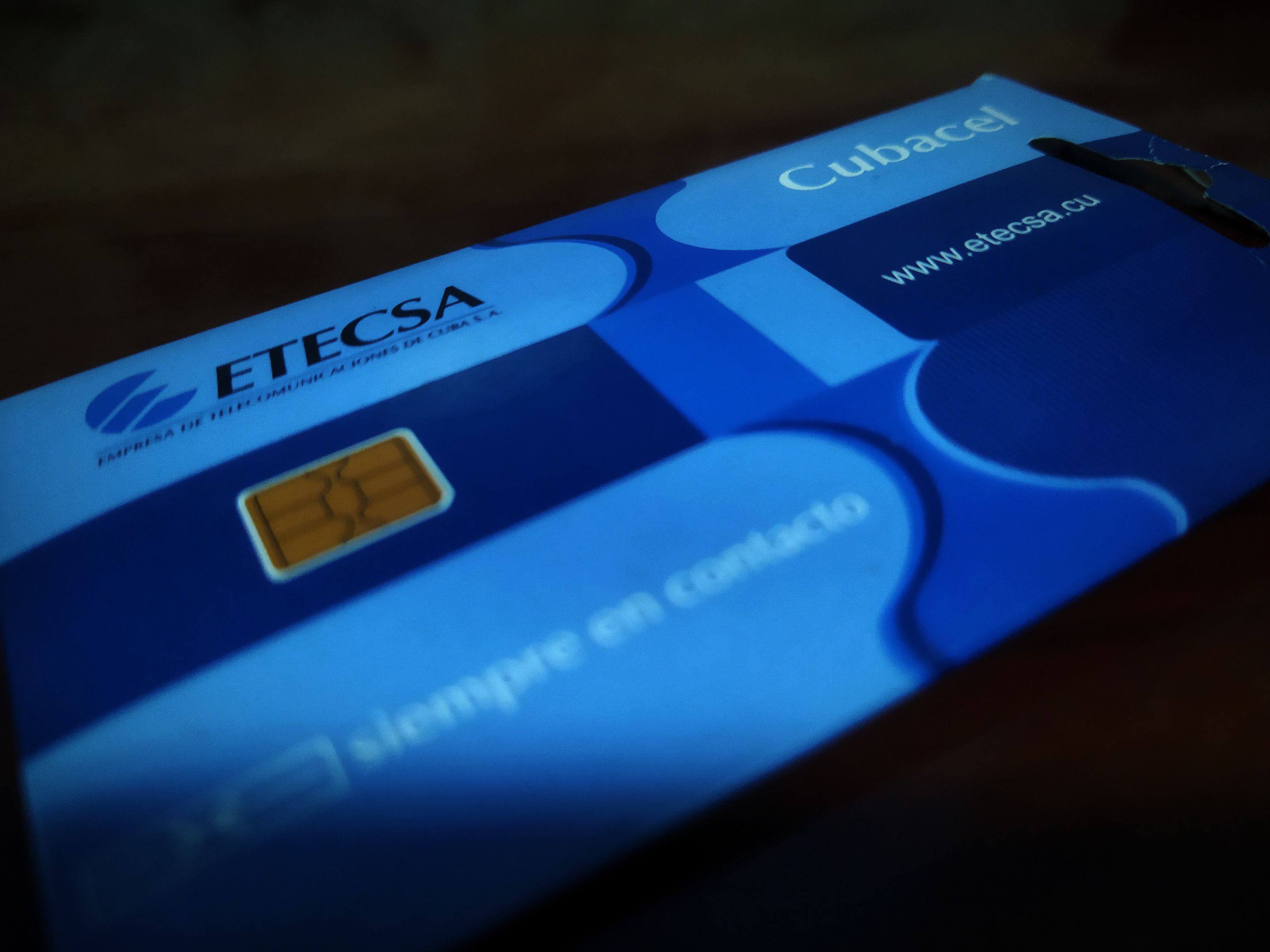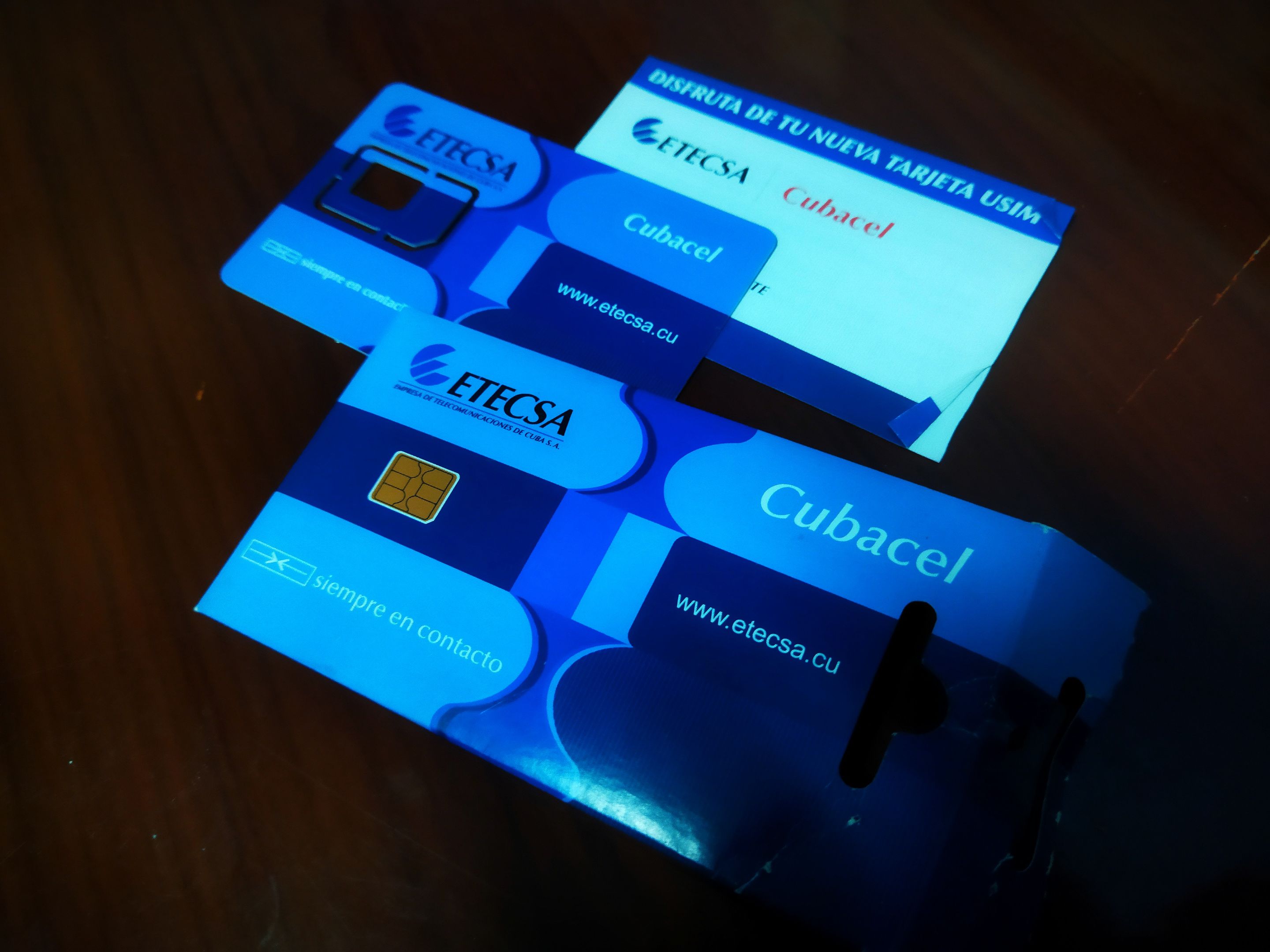A robbery, third-world politics, and a lot of bureaucracy in a country full of craziness. That’s what this post is about.
It’s been a month since my dad got on a bus (a "guagua") and had his phone stolen.
It wasn’t the first time it happened to him (unfortunately).
Being a bit critical, he practically gave away his phone.

In Cuba, and specifically in Havana, anyone who uses public transportation knows they must take certain necessary precautions. The first is to secure your mobile phone.
With an average salary that doesn’t exceed $20 USD, cell phones are a luxury for almost everyone. Hence the importance of taking care of them.
Spoiler: My dad’s phone was found, but that would require a post of its own, and it’s truly a story for Netflix (I’ll tell you more in future posts).
ETECSA
In Cuba, telecommunications are monopolized by a state-owned company. How strange, right? (note the irony)
ETECSA stands for Empresa de Telecomunicaciones S.A.
This "company" is responsible for providing all telecommunications services in the country, from landlines to mobile data.
It’s no surprise that Cuba has the worst internet in the world.
There’s no competition, nor any responsibility from the company to its customers. You can’t even complain or switch to another provider.
When the SIM was stolen, the first step was to deactivate it and then replace the SIM. A process that sounds simple but is quite the opposite.
Deactivating the SIM
When mobile telephony began in Cuba, having a SIM was a luxury only available to foreigners working on the island. Gradually, this process expanded to the entire country.
To the point that as a customer, you could have up to three SIM cards in your name (a measure that lasted briefly).
With COVID, the Cuban state found itself in need of foreign currency, and one of the measures was to sell secondary SIM cards for foreign currency. But they haven’t been able to maintain even that. It’s no secret that 90% of state-owned companies operate at a loss, and ETECSA is among the largest.
The services offered by the telecommunications company have been limited, and others have been disabled without any explanation. Although we all know what’s behind it.
The company lacks the liquidity to maintain telecommunications.
After this commercial break, let’s continue with the story.
Knowing how the process works, we headed to the office where we had resolved things previously.
They told us they weren’t offering that service; the lady in charge didn’t have electricity in her house and hadn’t gone to work that day. Maybe tomorrow would be different.
Cuba being Cuba.

With no time to lose, we pressed on.
In the second office, located in a more central area, they did offer the service. But we arrived during the blackout.
We had to wait over four hours for the power to return, or we could keep searching.
My dad urgently needed to cancel that SIM.
The third time’s the charm.
In that location, the lady was there, there was power, but they asked us for the police report.
My dad didn’t receive the report due to a lack of paper at the police station. Only in Cuba!
Fortunately, we were able to contact the officer handling the case, and somehow, the issue was resolved over the phone.
SIM Canceled!
In the same office, we wanted to reactivate/replenish the SIM due to the theft.
The only possible way to do it.
To our surprise... there was no availability to replace my dad’s number anywhere in the city.
At that moment, many questions arose, but above all, a lot of anxiety.
My dad relies on his mobile line for work and would be out of communication for an indefinite period.
Solution
The only viable solution was to buy a secondary SIM on the informal market (Revolico).
But we were aware of the limitations this brought. From not being able to use banking apps (which were linked to the old number, and linking them to the new one would take a week) to having to notify old contacts of the change.
In the meantime, we had to visit offices all over the city, day after day, without much hope.
A month later, by chance, my dad was able to recover his old number.
These days, if your phone is stolen in Cuba, you have to be out of communication for a month. That’s the most important conclusion.
This episode made me reflect a lot on the insecurity situation in my country, but above all, on our dependence on these small devices.
My dad lost, in an instant, not only his digital identity but also part of his work; for a few hours, he ceased to exist. We couldn’t communicate with him or know how he was doing.
But even more importantly, if he hadn’t recovered his phone, his information would be out there with him unable to do much about it.
I’m writing this post so that everyone is aware of where we are headed and whether it’s where they want to go.
I’ll keep my reflections to myself, but I’d like to know how this process works in your country.
Maybe you don’t even use SIM cards anymore; I’m sure it’s much simpler than here.
It would be a pleasure to read your comments.
Read you soon!
[dahpilot]
All images in the post are mine



